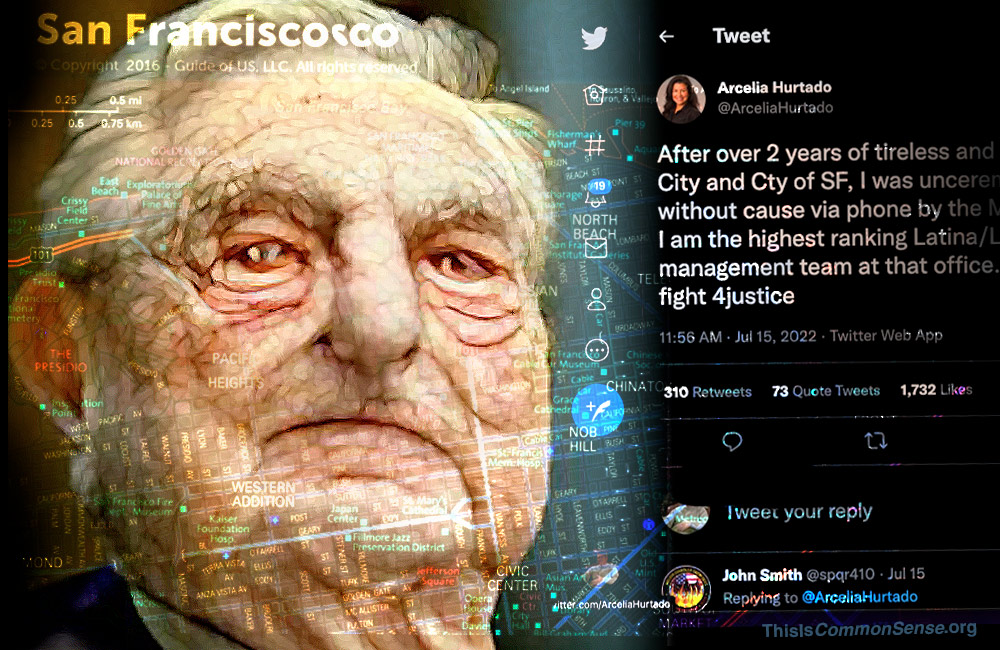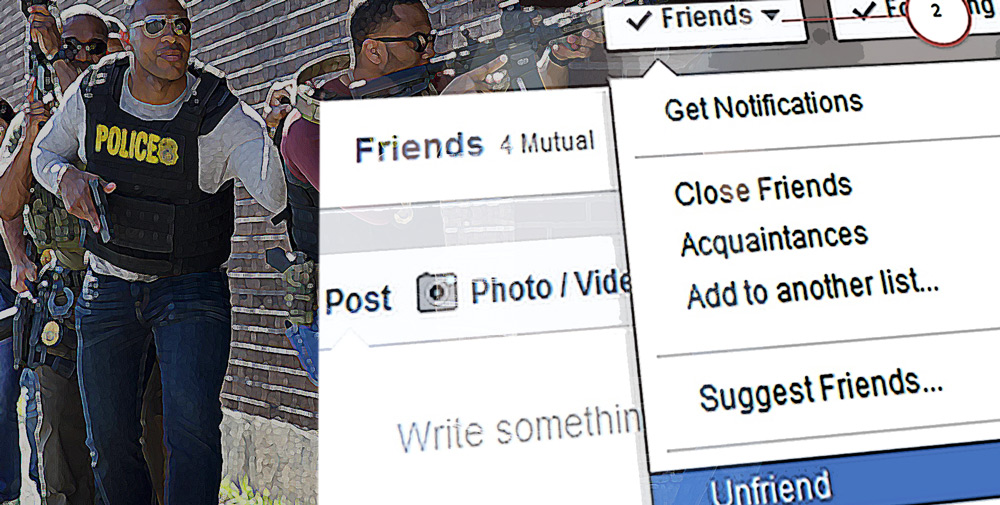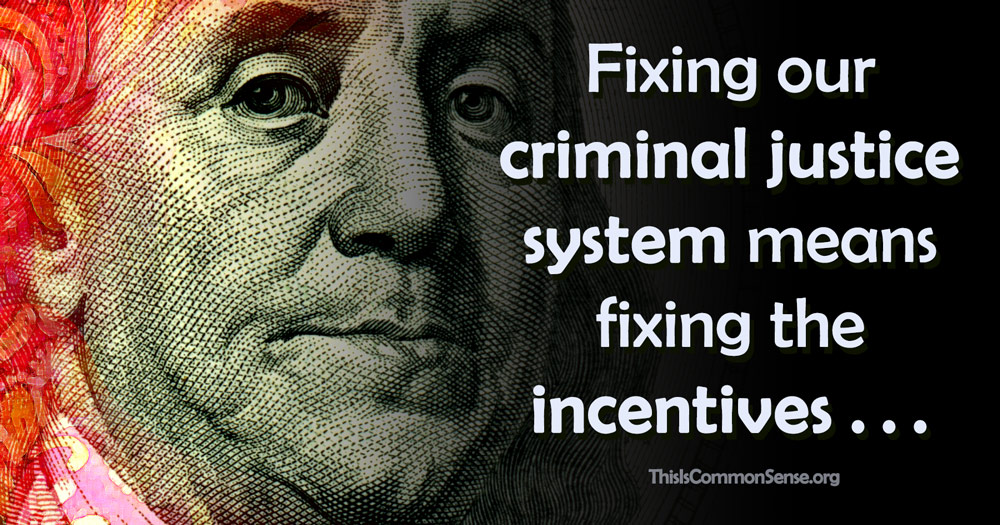Criminal courts provide an old kind of justice, where individuals’ specific acts are judged and individuals, if found guilty, are punished.
“Social justice” is something else again — a daring, socialistic attempt to correct for all the ills “of society” or, more widely, “the cosmos.” That’s a huge agenda to stuff into the old practice, which, while never perfect, did serve, in its way, a noble social goal: curbing crime.
But when the social justice crowd infiltrated the old system in places like California, crime flourished. In early June, San Franciscans recalled their radical District Attorney and sent woke politics into a tailspin.
I’ve reported on this, but the story continues. As explained by Jack Phillips in The Epoch Times, the newly appointed replacement “district attorney in San Francisco fired at least 15 employees from the prosecutor’s office after her left-wing predecessor Chesa Boudin was recalled last month.”
Heads rolled. And heads weren’t pleased.
“I was unceremoniously fired without cause via phone by the Mayor’s appointed DA,” one prominent civil servant tweeted. “I am the highest-ranking Latina/LGBTQ member of the management team at that office. I will continue the fight 4justice.”
But what is that justice?
It’s a “fairer system,” said Chesa Boudin, the ousted DA, who objects to having been “scapegoated” for rising crime — but it’s sure hard to believe his pro-criminal policies did not contribute to the crime wave.
Boudin’s brand of justice has been rumored to benefit from extensive promotion by billionaire George Soros. Soros’s office has denied supporting Boudin, yet The Epoch Times notes that Mr. Soros’s PAC funded, through an intermediary, Boudin’s recall defense campaign.
Most Americans want reforms to our justice system but do not agree with George Soros.
This is Common Sense. I’m Paul Jacob.
—
See all recent commentary
(simplified and organized)



